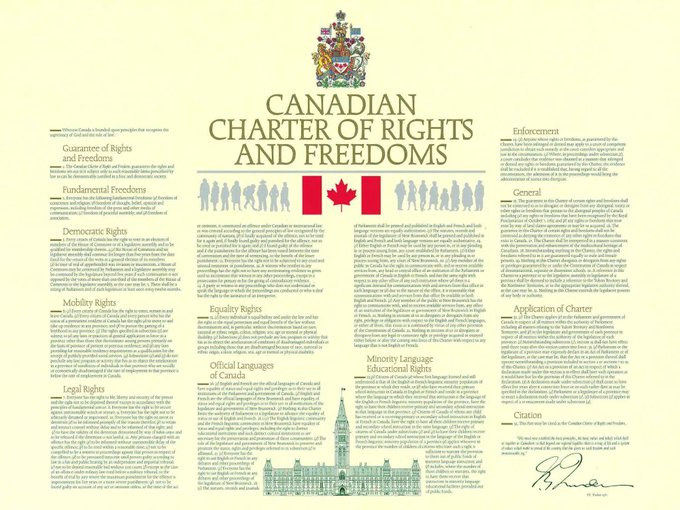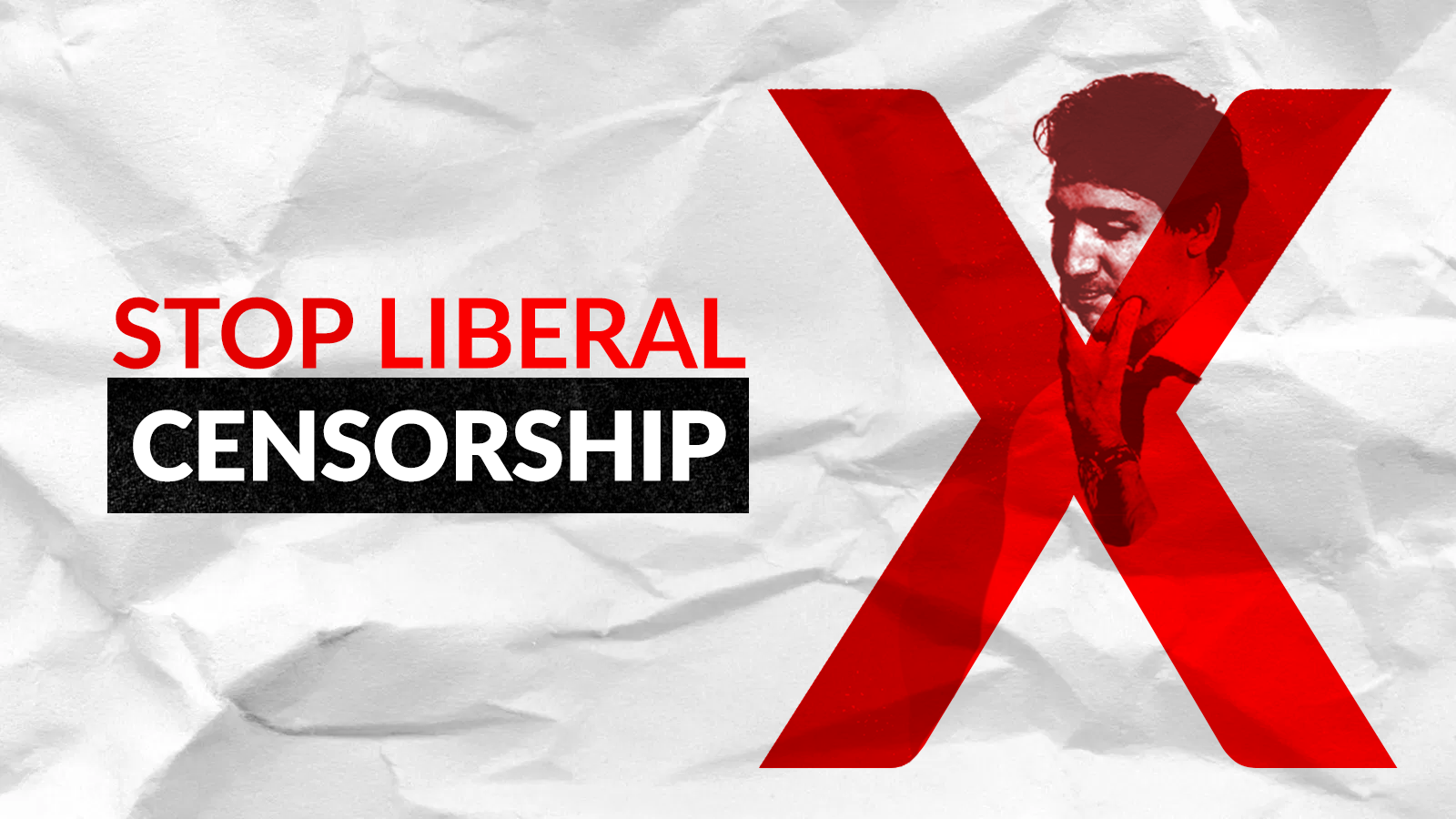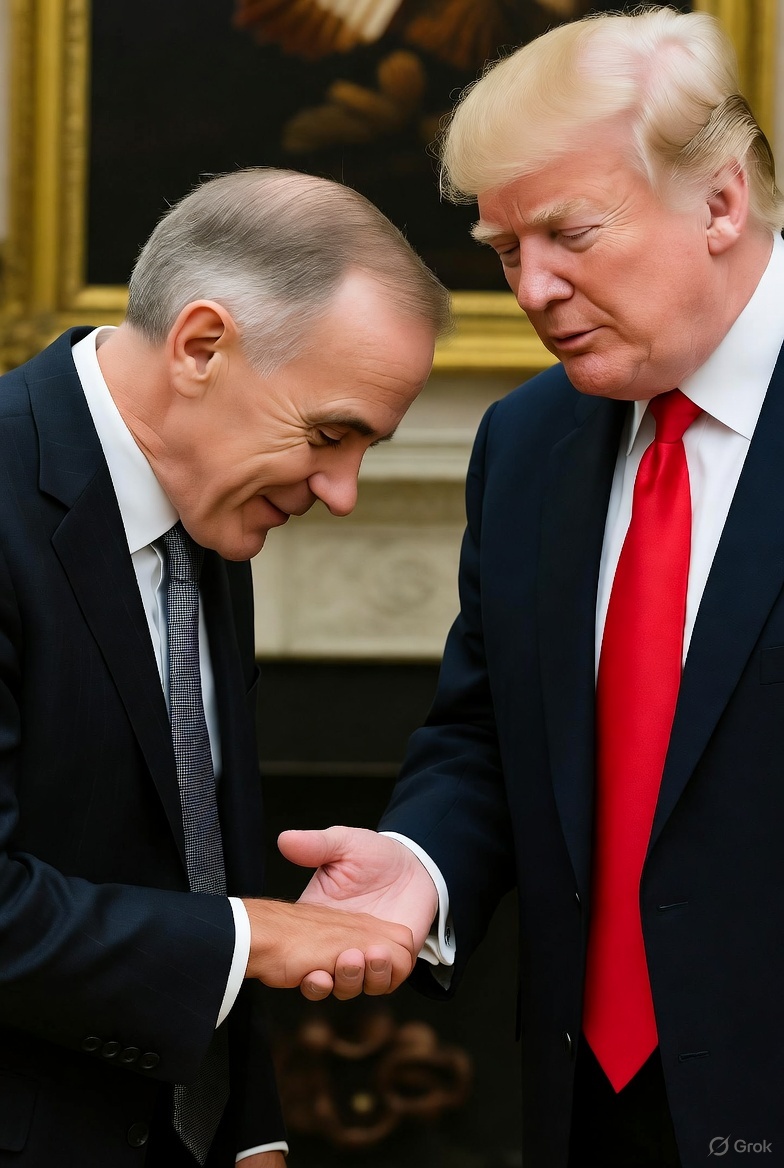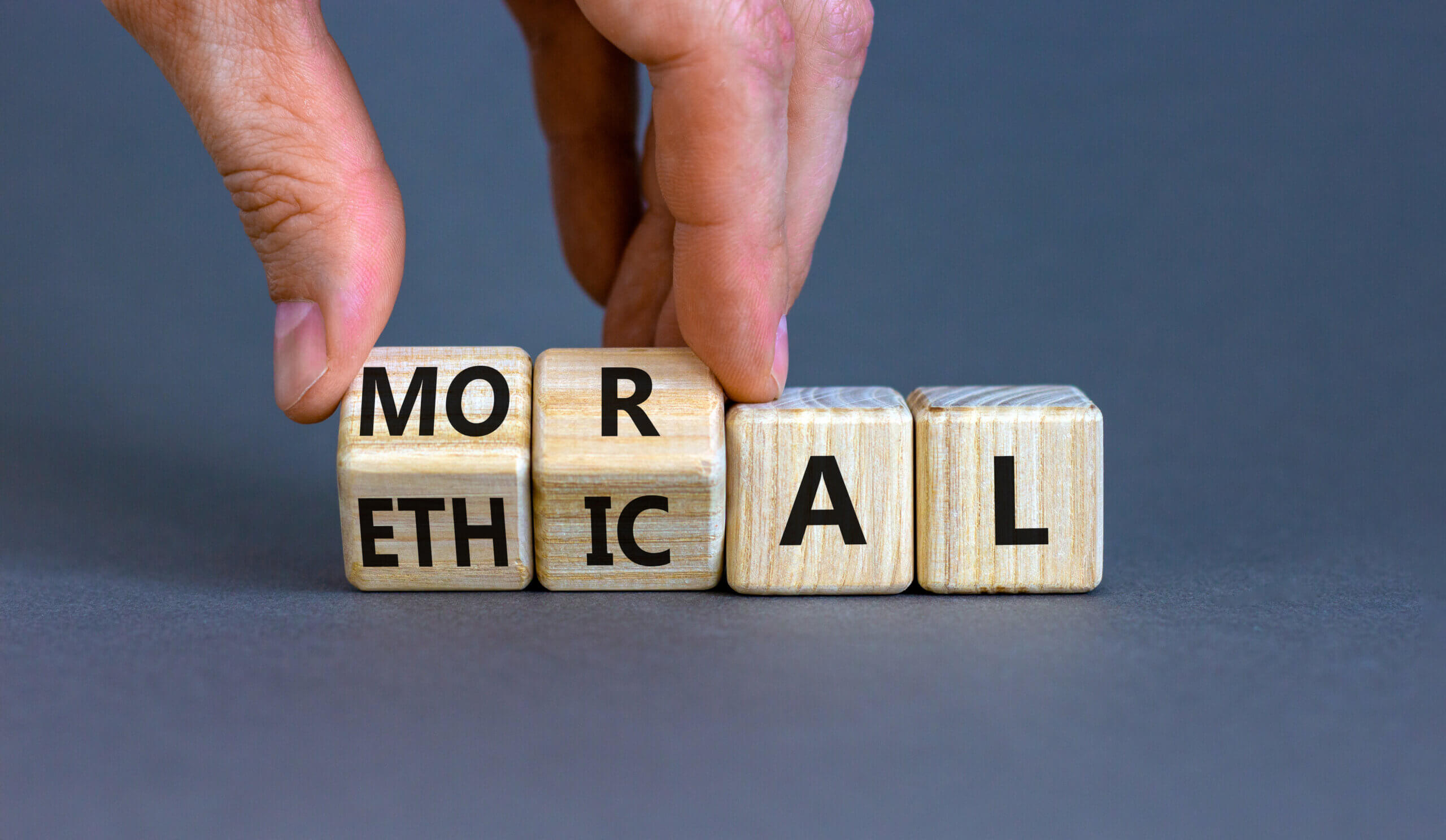When Mark Carney says he’ll stand up for the Charter of Rights, he isn’t technically lying. That’s what makes it even more unsettling. He’s not waving the Charter like a shield for the people — he’s pointing to its weakest link, its escape hatch, its fatal flaw: Section One.
Now, if you’re not familiar, Section One sounds noble at first. It promises our rights and freedoms… so long as they’re reasonable. But here’s the catch — those rights can be “subject to reasonable limits” if the government decides there’s a crisis. An emergency. A threat.
And who decides what’s reasonable? Or what counts as a crisis?
They do.
Remember COVID? Of course you do — how could anyone forget? The endless lockdowns. Families separated. Businesses crushed. People fined for going outside. Church doors bolted shut. Masks forced on toddlers. Mandatory jabs for jobs. All under the guise of “protecting the public.”
And when people finally stood up — truckers, farmers, ordinary folks who had enough — the government didn’t listen. They didn’t negotiate. They didn’t reason. They crushed dissent. Froze bank accounts. Sent in riot cops. All legal. All “justified” under Section One.
So when Mark Carney flashes a smile and says he’ll defend the Charter, ask yourself: which part?
Because the part he’s talking about — the part that lets the government strip away your rights if they say it’s an emergency — is the part that already betrayed us.
It’s not a safeguard.
It’s a trapdoor.
And next time the government decides we’re in a crisis — and there will be a next time — don’t expect your Charter to save you.
It didn’t before.
It won’t again.









